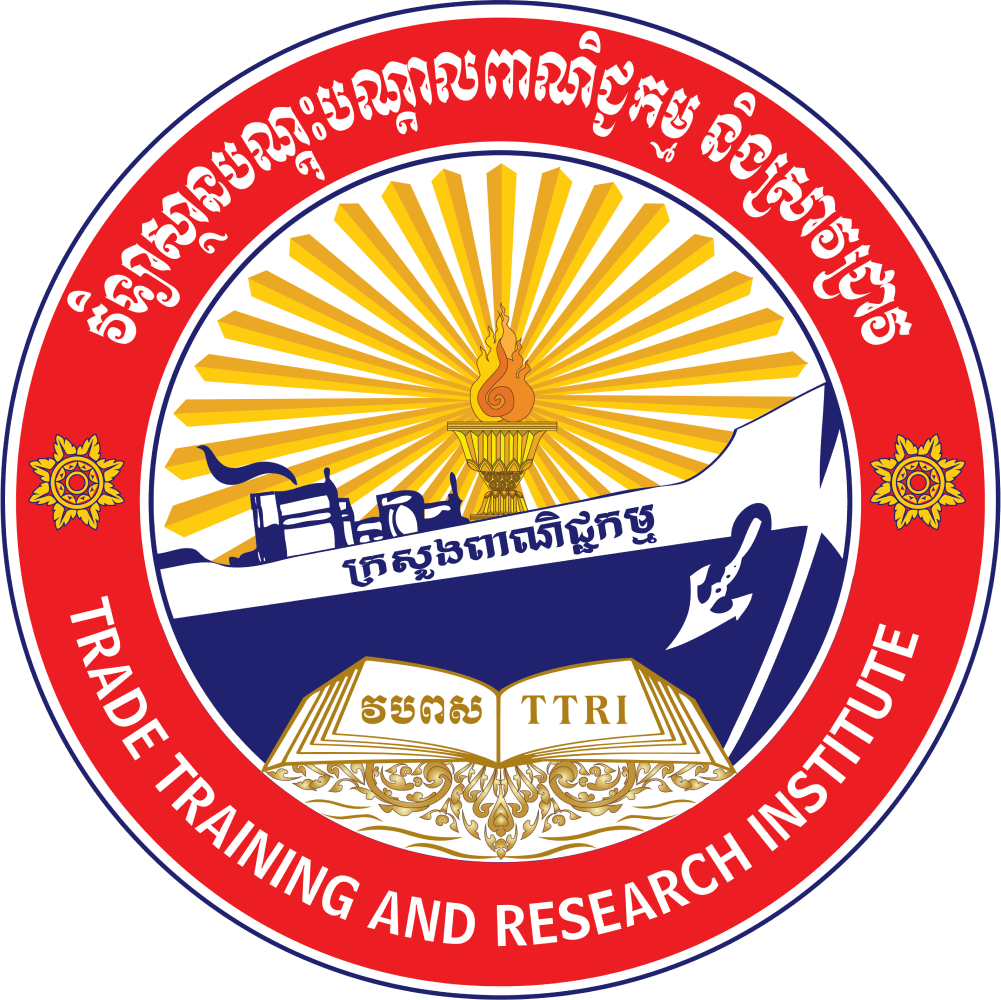Effective SME promotion strategies require a range of policy interventions and active monitoring and assessment across all levels (local, regional, global). Further, the wide variance in the structure of SMEs and the GVC’s and MNCs they engage with precludes a ‘one size fits all approach’. In other words, each intervention needs to be tailored to the particular industry or region on which it is focused.
The importance of SME development is being increasingly recognized across the Asia Pacific region. Many governments have established dedicated agencies to support their domestic SMES. Likewise, many private sector associations and donor agencies have stepped up efforts to reduce barriers to SME growth. To make the most of the opportunities currently available, governments need to devise, implement and disseminate coherent and comprehensive strategies. This should be followed by actively engaging in discussions with other relevant stakeholders as well as frequent assessment of results and current environment.
The training program will highlight the challenges and opportunities faced by SMEs in Cambodia and the Mekong region including new developments resulting from the establishment of the ASEAN Economic Community.
Objectives:
- Raise awareness of the challenge and opportunities faced by SMEs
- Promote best practices and policy interventions that benefit SMEs
- Understand the barriers preventing SMEs from achieving their potential
- Highlight the need for coordinated policies at the local, national, regional and international levels
Outcomes
Following the completion of the workshop, participants should possess an understanding of:
- General characteristics of SMEs
- Current state of SMEs in the Asia-Pacific and Cambodia specifically
- Importance of Global Value Chains to SME development
- Effective SME support strategies





 Views Today : 5
Views Today : 5 Views This Month : 355
Views This Month : 355 Views This Year : 13965
Views This Year : 13965 Total views : 41414
Total views : 41414